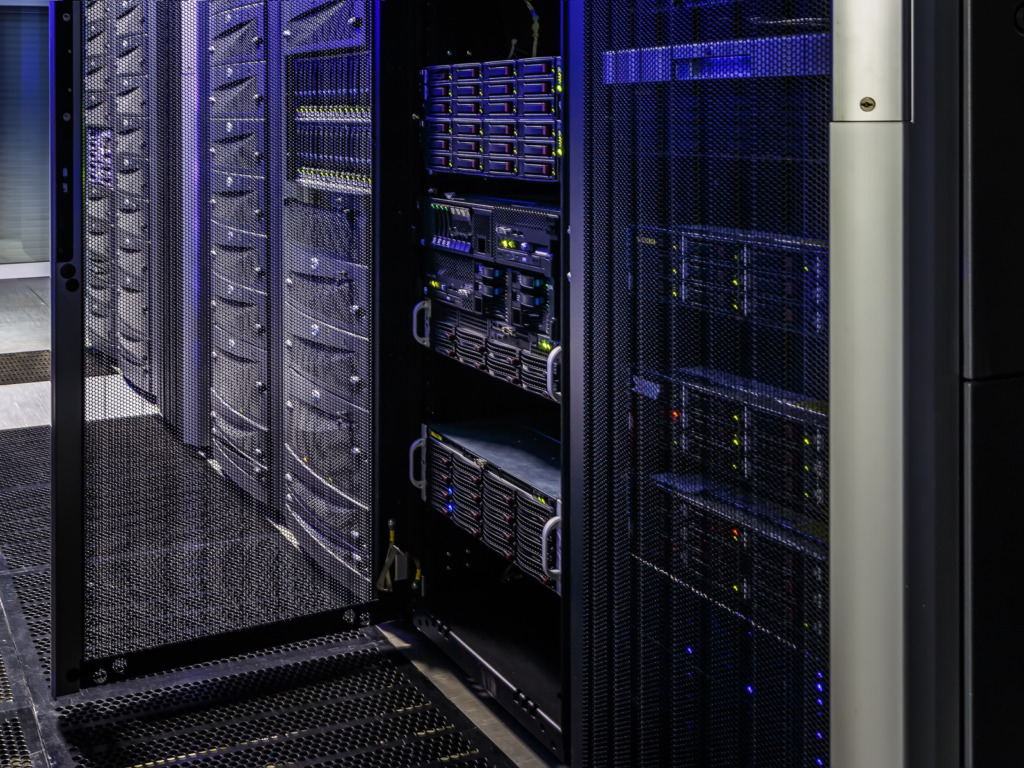What is ‘Digital Forensic Science’?
25/05/2023

Despite being a fundamental tool for many organisations and criminal justice systems around the world, arguably digital forensic science as a discipline does not always get the recognition it deserves in media broadcasts. Therefore, public recognition and understanding of this branch of forensic science is somewhat lower than those more traditional and longer established ones. With this in mind, what exactly is digital forensic science? Well let’s start with the definition provided by Interpol.

‘Digital forensics is a branch of forensic science that focuses on identifying, acquiring, processing, analysing, and reporting on data stored electronically.1’
Digital forensic science is a discipline concerned with the forensic examination of digital traces. As a result, whereas traditional forensic science subfields may be concerned with finger marks, DNA or blood, here, we are interested in the identification and analysis of digital data. This digital data may exist on a range of devices, from laptops and smartphones, to games consoles and smart home systems, as well as being ‘non-local’ such as residing in the cloud. Practitioners in this field seek to identify and capture any potentially relevant data in a way that preserves its integrity. Then, this content must be examined, interpreted and communicated to any clients or criminal justice system officials in a way that allows them to understand it. This is often a complex and challenging task.
Practitioners in this field are often deployed in a number of circumstances. These may include:
- Intelligence gathering from digital information sources.
- To identify or develop preventive measures (i.e. analysing digital traces and acting on them / learning from them).
- Gathering information about an event(s).
- Geolocating missing people.
- Confirming/disputing versions of events.
- Establishing investigative leads.
In many instances, data coming from digital sources can help identify the author of an action as well as contextualising what may have happened, and, in what circumstances. In the criminal sphere, practitioners in this domain may be involved in assisting in the following case types:

- Murders.
- Drugs offences.
- Malicious communications.
- Missing persons.
- Child abuse.
- Computer misuse offences.
- Fraud.
- Domestic violence.
Digital forensics science can be used in both criminal and civil capacities, where its importance cannot be understated.
- Interpol (n.d.) ‘Digital forensics’ Available at: https://www.interpol.int/en/How-we-work/Innovation/Digital-forensics (Accessed: 27 April 2023)
Categories & Tags:
Leave a comment on this post:
You might also like…
Keren Tuv: My Cranfield experience studying Renewable Energy
Hello, my name is Keren, I am from London, UK, and I am studying Renewable Energy MSc. My journey to discovering Cranfield University began when I first decided to return to academia to pursue ...
3D Metal Manufacturing in space: A look into the future
David Rico Sierra, Research Fellow in Additive Manufacturing, was recently involved in an exciting project to manufacture parts using 3D printers in space. Here he reflects on his time working with Airbus in Toulouse… ...
A Legacy of Courage: From India to Britain, Three Generations Find Their Home
My story begins with my grandfather, who plucked up the courage to travel aboard at the age of 22 and start a new life in the UK. I don’t think he would have thought that ...
Cranfield to JLR: mastering mechatronics for a dream career
My name is Jerin Tom, and in 2023 I graduated from Cranfield with an MSc in Automotive Mechatronics. Originally from India, I've always been fascinated by the world of automobiles. Why Cranfield and the ...
Bringing the vision of advanced air mobility closer to reality
Experts at Cranfield University led by Professor Antonios Tsourdos, Head of the Autonomous and Cyber-Physical Systems Centre, are part of the Air Mobility Ecosystem Consortium (AMEC), which aims to demonstrate the commercial and operational ...
Using grey literature in your research: A short guide
As you research and write your thesis, you might come across, or be looking for, ‘grey literature’. This is quite simply material that is either unpublished, or published but not in a commercial form. Types ...







